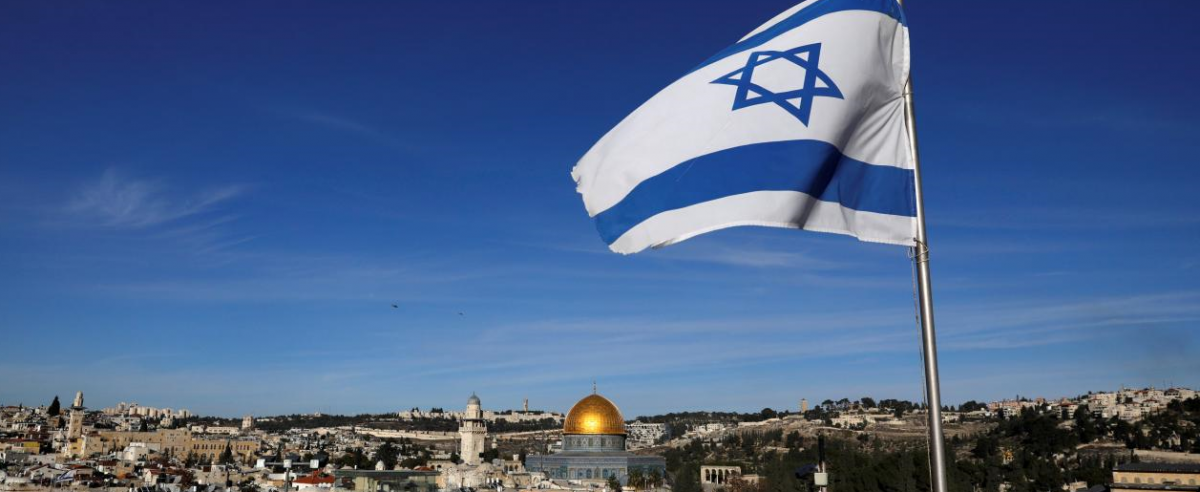Bret Stephens – Non-Scandal Over Israel’s Identity Bill
By Bret Stephens, New York Times
Anyone who follows the news from Israel knows that the Knesset last month passed legislation that takes the Jewish state a step closer to apartheid and outright theocracy. For instance, the bill explicitly authorizes Jewish-only communities and requires secular courts to adopt Jewish ritual law in certain cases. It also promotes the settlements.
Actually, the nation-state bill, as the legislation is known, does none of that. Nearly all of its most controversial provisions were stripped from it before passage. But you’d be forgiven for assuming otherwise based on the reaction to the bill — reaction that is far more revealing than the bill itself.
Among the planks of the legislation: “Hatikva” is Israel’s national anthem. Hebrew is its official language. Jerusalem, “complete and united,” is its capital. The flag and menorah its official symbols. The Sabbath its day of rest (with non-Jews having their own days of rest). Israel is open to Jewish immigration. Above all, “The right to exercise national self-determination in the State of Israel is unique to the Jewish people.”
If you’re shrugging at most of this, you should: The bill’s purpose was to codify into Israel’s Basic Laws — akin to a constitution — aspects of Israeli identity long taken for granted by Israelis and outsiders alike.
The bill has some more controversial features. It gives Arabic — the native language of roughly one-in-five Israeli citizens — “special status” as a language, which has no practical effect but is a demotion from the official status it enjoyed since the days of the British mandate. It contains language that might impede efforts to foster greater Jewish religious pluralism in Israel, including egalitarian prayer spaces at the Western Wall.
It also places a “national value” on the “development of Jewish settlement,” which means towns and communities in general but sounds like — and by no means excludes — West Bank settlements. And it notably fails to mention the word “equality,” which has a prominent place in Israel’s Declaration of Independence.
All this can plausibly be described as a mostly symbolic codification of Israel’s Jewish character in the face of persistent efforts to deny that character. Or as part of a broader global turn toward more nationalistic forms of politics. Or, as Anshel Pfeffer, the author of “Bibi,” an excellent new biography on Prime Minister Benjamin Netanyahu, tells me, as “a rabble-rousing poke in the eye to Israel’s minorities drafted to excite Bibi’s far-right base.”
What the bill is not is the death of Israel’s democracy — it was enacted democratically and can be overturned the same way. It is not the death of Israeli civil liberties — still guaranteed under the 1992 Basic Law on Human Dignity and Liberty and visibly reaffirmed by the large public protests following the bill’s enactment. And it is not apartheid — a cheap slur from people whose grasp of the sinister mechanics of apartheid is as thin as their understanding of the complexities of Israeli politics.
Nor, for that matter, is it anywhere remotely as noxious as what is happening in other Western democracies wrestling with competing claims between national identity, civil liberties and cultural pluralism. In Denmark, The New York Times reported last month, “starting at the age of 1, ‘ghetto children’ must be separated from their families for at least 25 hours a week, not including nap time, for mandatory instruction in ‘Danish values,’ including the traditions of Christmas and Easter, and the Danish language.’”
Whatever else you think of Israel’s nation-state bill, this is undoubtedly worse. So where are the calls to boycott, divest and sanction Denmark?
Which raises a deeper question concerning the nation-state bill: Why the over-the-top reaction? In an interview with Haaretz, British philanthropist Vivien Duffield, who has given hundreds of millions of dollars to Israeli causes over the years, declared “I hate Israel” after the bill’s passage, then reached for the apartheid analogy.
Shoddy reporting about the bill from some of the usual suspects furnishes at least part of the answer. Ordinary liberal distaste for a conservative Israeli government furnishes another part.
And there are plenty of good reasons even for Israel’s friends to dislike the bill as unnecessary, provocative, divisive and a transparent bid by Netanyahu to shore up his popularity in the face of corruption allegations and a military quagmire in the Gaza Strip.
But if liberal Americans haven’t (yet) given up on the United States in the age of Donald Trump, liberal Jews shouldn’t be giving up on Israel on account of an overhyped, underwhelming law whose effects would be mostly invisible if they hadn’t been so loudly debated. Countries we love will inevitably do things we don’t like or fail to understand. The same goes for people.
However else you feel about the nation-state bill, reserve your serious outrage for the things that deserve it. An estimated 542 Syrian civilians were tortured to death last month by the Syrian regime, according to the Syrian Network For Human Rights. Did you know that?









